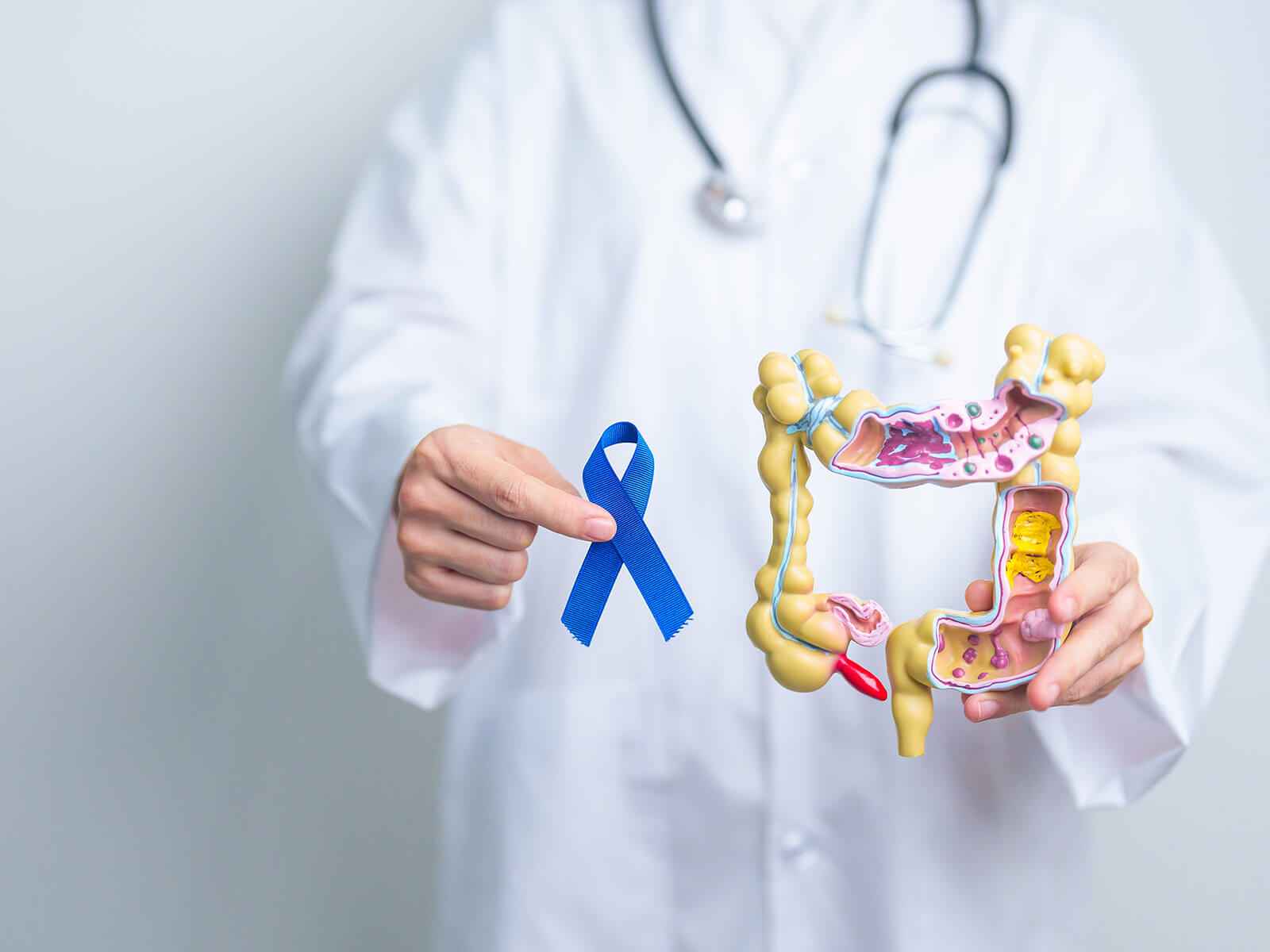
Radiation proctitis is inflammatory radiation damage of the rectal lining that results in an attempt to treat prostate cancer, cervical cancer or bladder cancer. Symptoms can be seen during treatment or take some months or even years. The complications can be avoided by early identification and treatment.
Typical signs of radiation proctitis include:
Radiation proctitis develops when radiation harms the small blood vessels and soft tissues of the rectum. Risk factors and contributing causes include:
You should not wait to treat your proctitis symptom of radiation. Our highly qualified staff would be happy to offer personalized diagnostics and treatment regimens that will make you comfortable and healthy in the long term at GastroDoxs in Jersey Village. Booking your appointment online- please call us at any time either 832-632-4070 or visit our site. We can work together to heal you and improve your life and health.
We've successfully treated more than 1.5K patients, helping individuals improve their digestive health and overall well-being through expert, personalized care.
With over 20 years of experience, GastroDoxs has been a trusted provider of gastroenterology care, focusing on delivering the best outcomes for patients
Radiation proctitis is an inflammation and swelling of the rectal lining caused by radiation therapy that is most frequently used to treat prostate, cervix, bladder, or other organs located near the rectum.
Yes. Untreated radiation proctitis may cause chronic bleeding, rectal ulceration, scarring, or strictures which could affect the quality of life, and necessitate more aggressive treatments.
Radiation destroys small blood vessels and soft tissues of the rectal lining causing inflammation, ulceration and eventually scarring.
These symptoms will include rectal bleeding, constant urge to defecate, pains or pressure in the rectum, mucus discharge in the stool, and frequent or loose bowel movements.
The symptoms may develop either in the process of radiation treatment (acute proctitis) or many months or years after the therapy has stopped (chronic proctitis).
Usually diagnosis is made through a medical history check-up, physical examination and confirmed through colonoscopy or sigmoidoscopy. In other instances, a biopsy can be extracted in order to exclude other disorders.
Radiation proctitis is characterized by the ICD-10 code of K62.7 that applies to the medical records and insurance expenses.
Dietary changes (low-fiber diet), anti-inflammatory agents (oral or rectal), endoscopic therapies to manage bleeding, sucralfate enemas, and hyperbaric oxygen therapy should be used to treat more serious or otherwise incurable ones.
Although the problems of exposure to the rectum are reduced by the use of modern radiation methods (IMRT), there is still a risk. Such precautionary measures as working out the radiation field carefully and following up during and after treatment are included.
In case of rectal bleeding, pain and the persistent diarrhea or alteration of bowel habits before and after radiation therapy, it is important to request medical attention.